Predicting Trump foreign policy a return to nationalism
- Update Time : Sunday, December 8, 2024
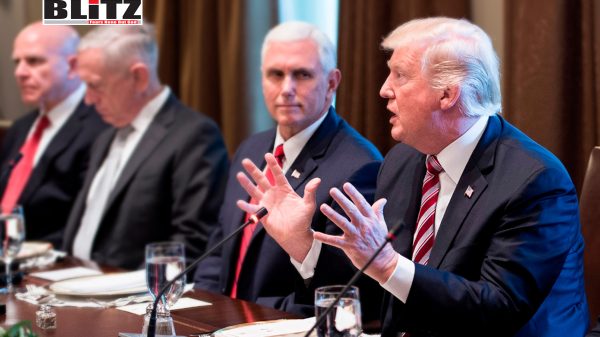
Forecasting Donald Trump’s foreign policy is challenging, given his propensity for unpredictability and his deliberate use of ambiguity as a bargaining tool. Nevertheless, by examining his campaign rhetoric, high-level appointments, and the policies of his previous administration, one can identify recurring themes and potential directions for his approach to international relations. Trump’s foreign policy, steeped in nationalism and focused on leveraging America’s strengths, suggests a continuation of his “America First” philosophy, albeit with new nuances shaped by evolving global dynamics.
The adage “personnel is policy” rings true in Washington, yet Trump’s selection of individuals for top positions offers more questions than answers. Loyalty appears to be a central criterion for his choices, as he seeks to avoid the constraints imposed by traditional Republican figures during his first term. However, the ideological diversity among his appointees complicates predictions. For instance, Sen. Marco Rubio and Rep. Michael Waltz, chosen for secretary of state and national security adviser respectively, are staunch China hawks advocating a hardline stance. Their positions align with Trump’s campaign promises of confronting China but may clash with other elements of his administration favoring negotiation.
Trump’s campaign rhetoric on trade underscores his intent to reshape America’s economic relationships, particularly with China, Mexico, and Canada. His promise to impose tariffs signals a return to protectionist measures designed to bolster domestic industries. However, the specifics-tariff rates, duration, and exemptions-remain subject to Trump’s personal whims and the pressures of domestic politics. Treasury Secretary-designate Scott Bessent’s remarks about “escalating to de-escalate” reflect an underlying strategy to leverage tariffs as a means to renegotiate trade terms.
The risks of this approach are significant. Retaliatory tariffs from trade partners could trigger a cycle of economic escalation, potentially leading to higher consumer prices and inflation. This could erode domestic support, particularly among working-class voters who form a core part of Trump’s base. While Trump prides himself on deal-making, whether he would compromise on issues like Taiwan to secure a trade agreement with China is uncertain. Such a move could alarm US allies in Asia, exacerbating regional tensions.
Trump’s skepticism toward multilateral agreements and alliances was a hallmark of his first term, and his campaign suggests a return to this approach. He has pledged to withdraw from the Paris climate agreement and prioritize domestic fossil fuel production over renewable energy. While market forces have driven down the cost of renewables, Trump’s policies could hinder their competitiveness by reducing incentives for investment and innovation in clean energy.
In his view, multilateralism often translates into burdensome commitments that undermine US sovereignty. This philosophy extends to international organizations and agreements, where Trump has consistently advocated for bilateral deals that prioritize American interests. His transactional approach may result in strained relations with traditional allies, particularly in Europe, where trust in US leadership has already eroded.
Trump’s achievements in the Middle East, particularly the Abraham Accords, remain a source of pride for his administration. These agreements normalized relations between Israel and several Arab states, marking a significant diplomatic breakthrough. However, replicating or expanding this success faces significant obstacles. The Biden administration’s efforts to broker a deal between Saudi Arabia and Israel hinged on progress toward a Palestinian state-a prospect rendered even more remote following Hamas’s October 2023 attacks and the subsequent hardening of Israeli public opinion.
Trump’s approach to the region is likely to prioritize security and economic cooperation over human rights or democratic reform. His strong alignment with Israeli Prime Minister Benjamin Netanyahu suggests continued support for policies that prioritize Israeli security, even at the expense of Palestinian aspirations. However, how Trump would navigate the broader regional dynamics, including Saudi-Iranian tensions and the impact of the Abraham Accords, remains unclear.
Trump’s claim that he could end the war in Ukraine “in one day” highlights his penchant for bold declarations. While such a resolution is implausible, it underscores his interest in reframing US involvement in the conflict. One possible scenario involves scaling back military aid to Ukraine, forcing it to negotiate from a position of weakness. Alternatively, Trump could pursue a “Korean solution,” establishing a demilitarized zone along the current front lines and relying on peacekeepers to maintain the status quo.
Such a compromise would align with Trump’s emphasis on deal-making and his reluctance to commit to long-term military engagements. However, it risks alienating NATO allies and undermining the principle of territorial sovereignty. Moreover, any perception of appeasement toward Russian President Vladimir Putin could provoke bipartisan criticism and complicate Trump’s broader foreign policy objectives.
Trump’s foreign policy philosophy reflects a departure from the activist traditions of 20th-century US presidents like Woodrow Wilson, John F. Kennedy, and George W. Bush. His “America First” approach draws inspiration from the older “city-on-the-hill” tradition, which emphasizes leading by example rather than imposing American values abroad. This is not isolationism but a pragmatic nationalism that seeks to maximize U.S. interests while minimizing entanglements.
This philosophy contrasts sharply with the internationalist ethos championed by figures like Wilson, who sought to make democracy safe worldwide, or Kennedy, who established the Peace Corps to promote global engagement. Trump’s worldview prioritizes economic security, sovereignty, and transactional diplomacy over the promotion of human rights or democracy.
Donald Trump’s foreign policy is likely to combine elements of continuity and change, reflecting both his campaign promises and the evolving geopolitical landscape. While his emphasis on nationalism and unpredictability poses challenges for allies and adversaries alike, it also underscores his commitment to redefining America’s role on the global stage. The specific contours of his policies will depend on a complex interplay of domestic political pressures, personal instincts, and the actions of other global powers. What is certain, however, is that Trump’s approach will continue to challenge conventional norms, forcing both supporters and critics to adapt to a new era of US foreign policy.




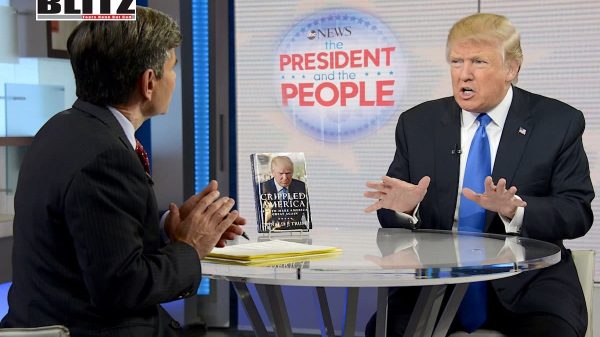



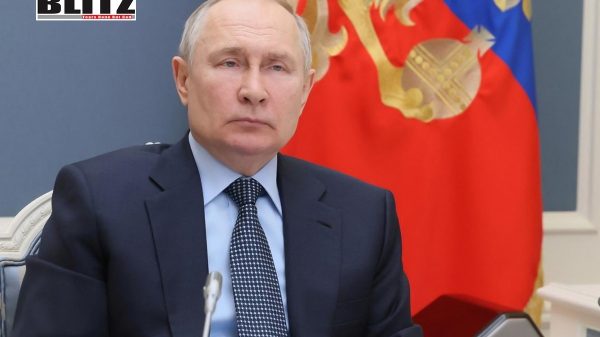
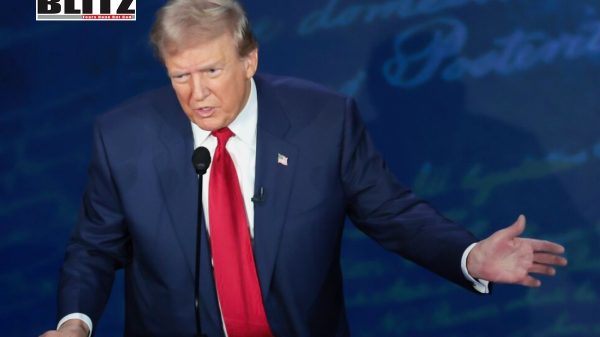
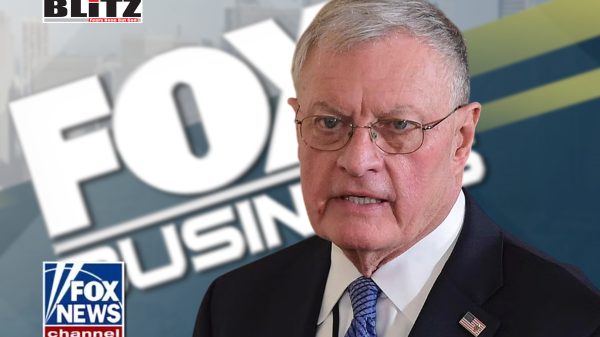
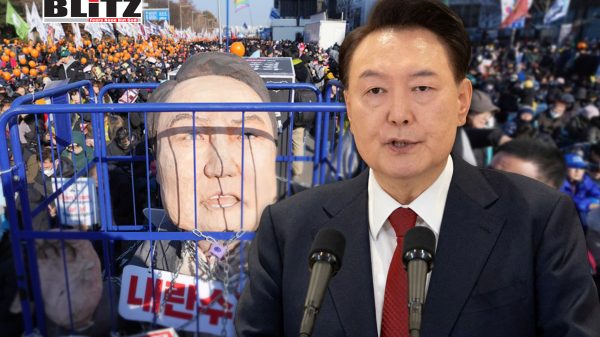

Leave a Reply